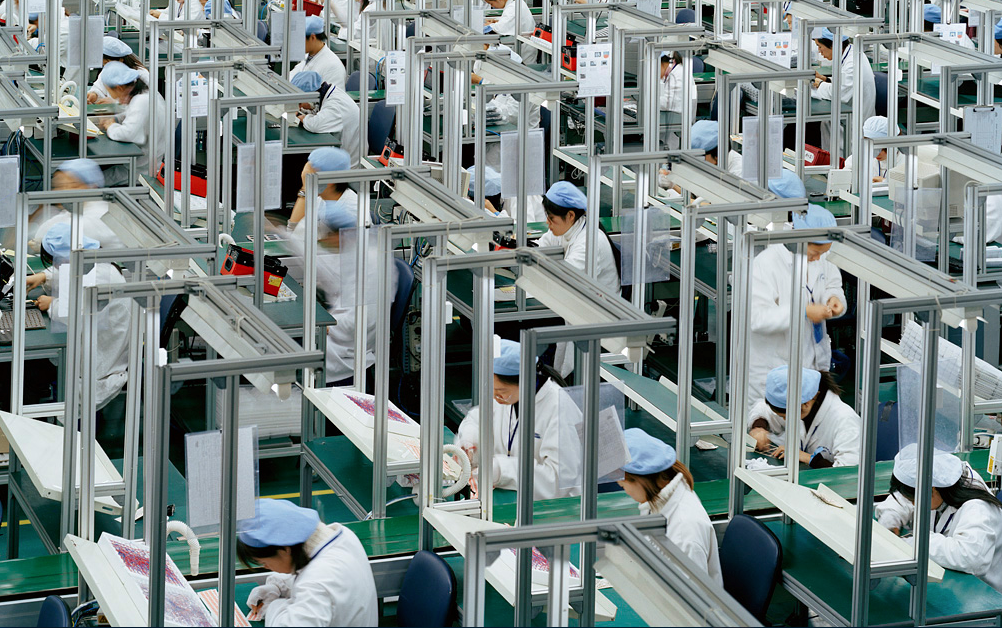As 2011 ends and we find some time for reflection, I am thinking a lot about the issue of material consumption and sustainability. Many of my students believe that a key answer to the crisis of planetary sustainability is for individuals to reduce their material consumption. When they say this, they are not thinking of the planet’s poorest people, but the planet’s richest people. There is a case to be made for seeing the issue of sustainability in these terms, but I’m not sure the issue can or should be confined to a focus on individual consumption. In any case, there is a strong argument for learning how to measure and assess the sustainability of all forms of economic consumption.
It is important to understand the power and seductiveness of material consumption and our modern technological way of life. In America, less than one percent of our population works on farms as compared to 40% at the start of the 20th century. Most of us are no longer directly involved in a daily struggle for food, water and shelter. Cheap and plentiful energy has helped make many of us mobile, comfortable, entertained, educated and well-fed. Those at home and around the world who do not share in this bounty, want it. And the root cause of much of the political turmoil in the world can be found in the gap between economic aspirations and realities. America’s wealth and its level of political stability are closely connected phenomena. Presidential elections are won and lost on the degree to which candidates can convince voters that they can create economic growth. During Bill Clinton’s 1992 campaign for president his political advisors constantly reminded him, “it’s the economy, stupid!” Political power and economic growth are closely connected in our system.
A great threat to political stability is a situation where young people receive an education and then are unable to find a meaningful way to use what they have learned. They are wide open targets for cynical political manipulation by unscrupulous political leaders. All unemployment is politically destabilizing: of the educated or uneducated, of those young and those no longer young. People without work have less of a stake in society and are less concerned with its breakdown. Work is not simply a source of sustenance in the modern world, but a key part of an individual’s identity. With the population increasing on the planet, reduced consumption could lead to increased unemployment. So in order to assure full employment we need to increase rather than decrease economic consumption.
Read the rest at Huffington Post
Photo by Edward Burtynsky, from his book, China.
